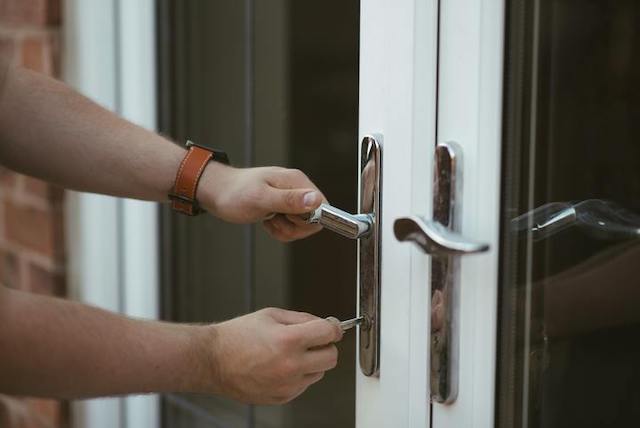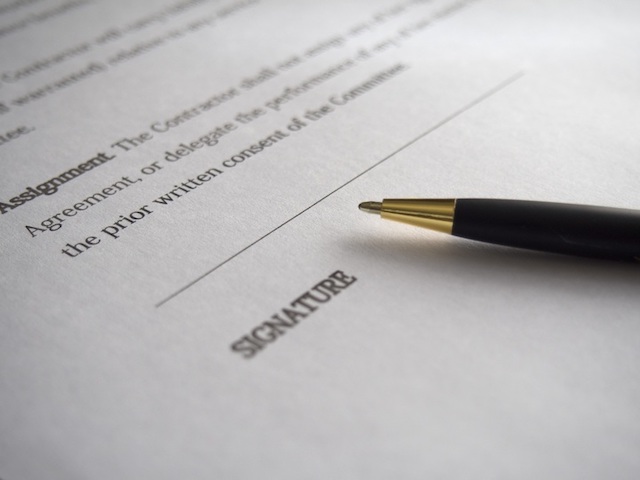If you are like most Americans, then your home is probably your most treasured asset. It is no wonder that a survey found that up to 95 percent of homeowners have some kind of insurance for their homes.
A homeowners insurance covers the repair and replacement of your home and its contents up to defined limits.
But, what happens when it comes to insuring an investment property? Can a homeowners insurance suffice? Of course not! As a matter of fact, insuring your Orlando investment property using a homeowners insurance can make things even worse.
Not only will it potentially not cover you when you most need it to, but it will also be a waste of money.

Homeowners insurance policies are only intended to cover owner-occupants only, not investment property owners. And rightly so, the risk profile of owner-occupants is quite high.
Due to inexperience, many novice landlords file claims involving their rental properties with the basic homeowners insurance. They will not only be disappointed but can also suffer financial devastation.
In this article, you are going to learn everything you need to know about how landlord insurance compares to homeowners insurance.
Risk Profile
The risk profile of both the owner-occupied properties and investment properties is different. With an investment property, the risk profile is high because, despite your best efforts to screen tenants, there is still that likelihood of renting to the wrong tenant.

We’ve all heard about all those horror stories!
Conversely, with an owner-occupied property, the risk profile is low because the owner will do anything to protect his or her treasure.
Landlord Insurance vs. Homeowners Insurance
Investment properties, when it comes to insurance, differ from owner-occupied properties by a significant margin. Below are some reasons that best explain this.
- When you own an income property, a homeowners insurance won’t help you in the event you lose your tenant. This is a benefit that you have with a landlord insurance policy.
- You may not always have a 100% occupancy. Sometimes, for a few weeks or even months, you can be without having a tenant. So, not only will you be earning zero income at the end of the month, but your property may attract squatters, pests, vandals, and vagrants.
Clearly, as an investment property owner, owning a landlord insurance policy is key. Regarding any other insurance policy, there are certain elements that you should look out for in landlord insurance when shopping around.
What to Look for in a Landlord Insurance Policy

When it comes to an insurance contract, definitions are essential. When looking around for the best landlord insurance policy, you’ll most likely come across three insurance forms. The three forms are as follows.
DP1: This is a basic landlord insurance policy that covers everyday occurrences like vandalism and fires. Many of these policies are actual cash value and not replacement value policies.
DP2: Unlike DP1, this one covers a lot more items. Ensure that you check what the policy covers. This is because it may or may not cover some perils.
DP-3: If you own one to three properties, then it’s advisable that you consider the DP-3 policy. Also known as “open peril,” this form covers all perils not specifically left out by the policy. The following are some of the excluded perils.
- Power failure
- Nuclear hazards
- Act of war or terrorism
- Mold
- Neglect
- Intentional loss
- Flood damage or water damage
- Damage resulting from earthquakes, sinkholes, and earth movement
If you own more than three properties, it’s recommended that you consider taking the commercial insurance policy. And if you own resort properties or short-term rentals, then let your insurance agent know. He or she should be able to offer you a customized solution.
What is covered by a Basic Landlord Insurance Policy?

1. Liability Insurance
If you’ve been a landlord, then you know that conflicts aren’t uncommon in the landlording business. In such cases, a landlord insurance policy would come handy.
It should be able to cover the costs of judgements and settlements.
2. Loss of Rents
Is your income property located in a hot market? If not, then it’s likely that there will come a point when you’ll have a vacant property. Without a landlord insurance cover, it would therefore, mean zero income at the end of the month.
3. Guaranteed Replacement Cost

With a guaranteed replacement cost, it means that you’ll get 100% reimbursement in the event your property gets damage from an insured peril.
4. Loss of Use
When your property is being repaired your tenant may need alternative housing. In such a case, a landlord insurance policy would be able to take care of that additional expense.
Owning a rental property can be lucrative. However, as with any other investment, it has its risks. Thankfully, landlord insurance can help minimize these risks.
